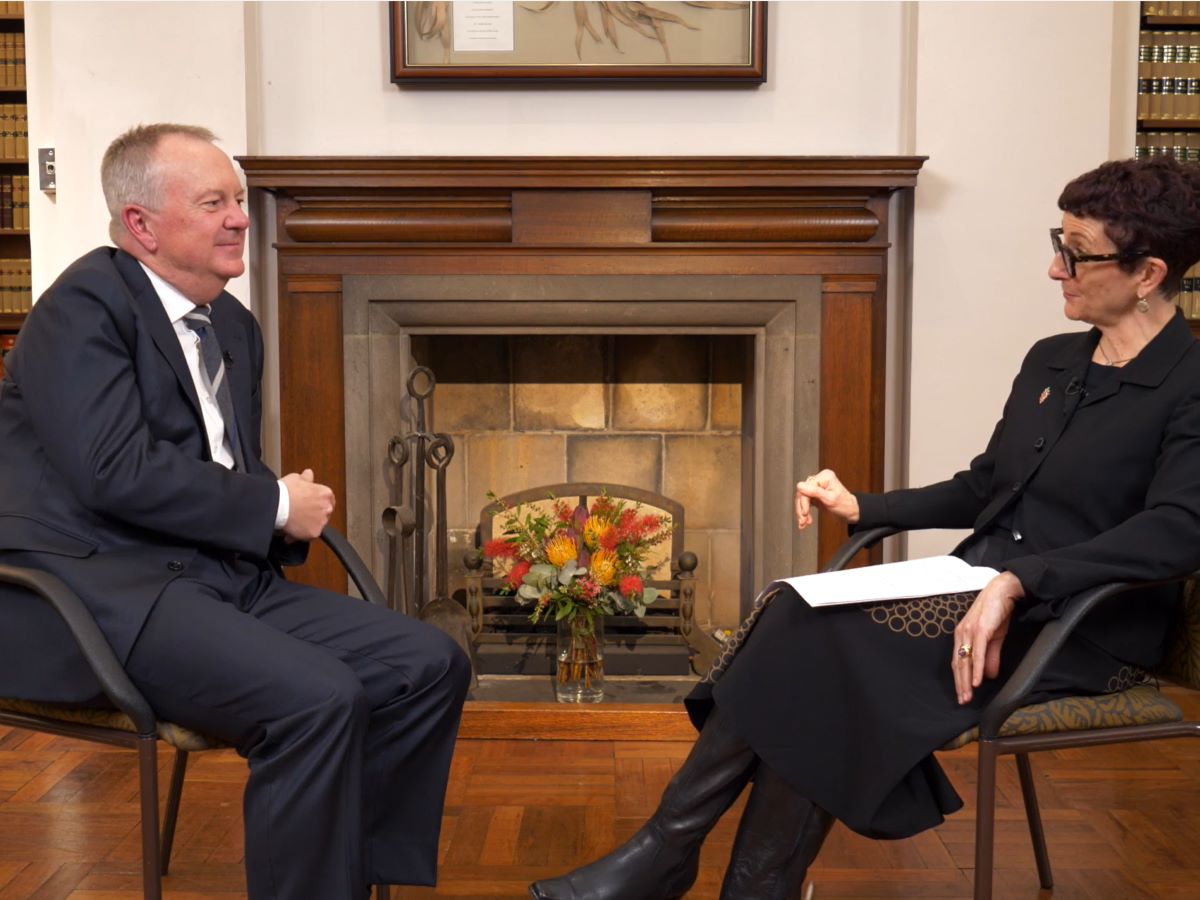Sir Zelman Cowen Oration by Dame Hazel Genn
What would a justice system look like if it put citizens at the centre?
What would a justice system look like if it put citizens at the centre? This was the theme of the recent Sir Zelman Cowen Oration by Professor Dame Hazel Genn, a distinguished UK academic whose research looks at people’s everyday legal needs and how the system can be more responsive.
One of the solutions she canvassed was to take legal services to the people as opposed to the conventional model where we find lawyers in their offices. Imagine, she said, where resources were no object. Every person could access skilled legal advice at the earliest possible stage, in surgeries, hospitals, supermarkets, employment centres, care homes, community and social centres.
That scenario is already a reality both in Victoria and overseas in the form of legal/health partnerships. Dame Hazel spoke of her own experience leading a legal advice clinic established by the University College London, in partnership with a GP in Newham, London. Since its launch in 2016, the legal clinic has helped 184 clients with staff that includes a fulltime and part-time solicitor, welfare benefits advisers and student volunteers.
One place people will often talk about a legal problem is when they go to the doctor she said. They come to the surgery with stress-related problems like asthma because of the damp housing conditions they are living in.
'But does that person need medication for their asthma and an antidepressant, or do they need to sort out a housing issue problem with their landlord?'
Successful outcomes achieved by the legal/health partnership include the case of a 43-year-old saved from eviction, with his benefits reinstated, enabling him to pay off rental arrears. Another was the case of a young single mother, who after getting legal advice was able to move out of the poor accommodation, which was causing her child serious health issues, to more suitable housing.
The doctors understand that many patients are dealing with a combination of social and legal problems and they can refer people, who may not realise they have a legal problem, to the legal service downstairs. It’s timely and convenient.
Research shows that disadvantaged vulnerable groups have more legal problems and do less about them because they have fewer resources, she said. People trying to resolve their problems often don’t know their rights, take the wrong path, and many do nothing to address their legal problems. There is a vast unmet need for information, advice and advocacy.
Dame Hazel’s research looks at the wider social impact of unresolved legal problems, and its cascade effect for individuals, with the potential to lead to family breakdown, unemployment, mental and physical ill health issues. Taking legal services to people where they need them is part of the solution.
The second Sir Zelman Cowen Oration was supported by Victoria Law Foundation, Victoria Legal Aid and the Victorian Department of Justice & Regulation.
Photos by David Johns
Publications
Subscribe to our Newsletter
Courts, Community and Confidence
Join Chief Justice Richard Niall a for a recorded conversation about the law’s role in our community and the challenges shaping justice today.


